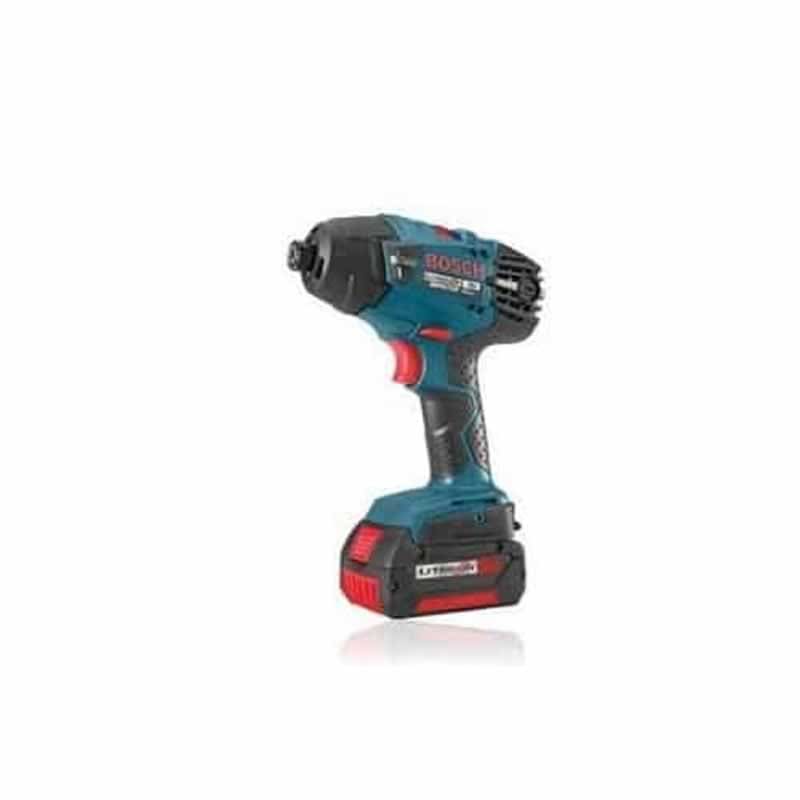Anchoring anything in cement or concrete requires careful consideration of several key aspects, and so choosing the right bolt or fastener is not a process you should rush.

With that in mind, let’s look at some important aspects of the job you’ll need to think about, and some potential obstacles you’ll need to overcome to ensure anchoring is achieved effectively and safely.
Get to know the base material first
Your choice of bolt will primarily be influenced by the material it’s going to be set in, because obviously there are lots of different options out there and different properties to keep in mind in terms of bolt design and how they are intended to function. For example, concrete is typically the hardest and most durable material for construction, yet has the downside of being trickier to drill into for anchoring purposes once it has fully cured.
Cement, on the other hand, is mostly found between masonry and is not as tough or strong as concrete, but represents more manipulable material, even if it is years old. It’s all about checking the parameters of what you want to anchor, and considering the material properties, as well as the timeline for your project. Working with concrete within the first 30 days of it being poured, for example, will give you better results when using anchor bolts.
Problems aligning your anchor bolt? Try using a bolt sleeve
Speaking of installing anchor bolts, it’s not unusual for alignment issues to crop up, in which case bolt sleeves will save the day. Typically constructed out of plastic, these sleeves sit between the bolt and the surrounding material, with the addition of grout within the sleeve so that alignment can be adjusted and perfected, even if the hole into which the bolt is to be inserted is not ideal. Bolt sleeves can solve all sorts of problems at the point of installation, so don’t worry if you don’t get everything aligned quite right on your first try.

Deciding on embedment depths
Another aspect which will influence your choice of anchor bolts is the thickness of the material. The larger the bolt, the deeper it will need to be embedded to be safe and secure. However, if the material is not thick enough, then a bigger fitting might not work out well. As a rule of thumb, the depth to which a bolt is embedded needs to be a minimum of four times its diameter. In the case that a headed bolt is used, this will obviously be a deciding factor in determining the ideal depth as well. Making plenty of measurements, and carefully checking bolt specifications before committing, is the best way to get to the bottom of this question for your next project.
Assessing payload weights
The size of the anchor bolt is not just influenced by the thickness of the material in which it is embedded, but also the weight of the load it will have to bear. While anchor bolts are seen as sturdy, they are actually the weak point in any structure, and so you cannot afford to neglect the safe load capacities of any fastenings you use. One mistake you don’t want to make is to assume that longer bolts are more stable. In reality it’s the diameter of the bolt that matters most in terms of strength and sturdiness, so a thicker yet shallower-set bolt will do better than a longer, thinner counterpart. Check the specifications thoroughly and do not cut any corners when choosing anchor bolts, and you should be on the right track.






